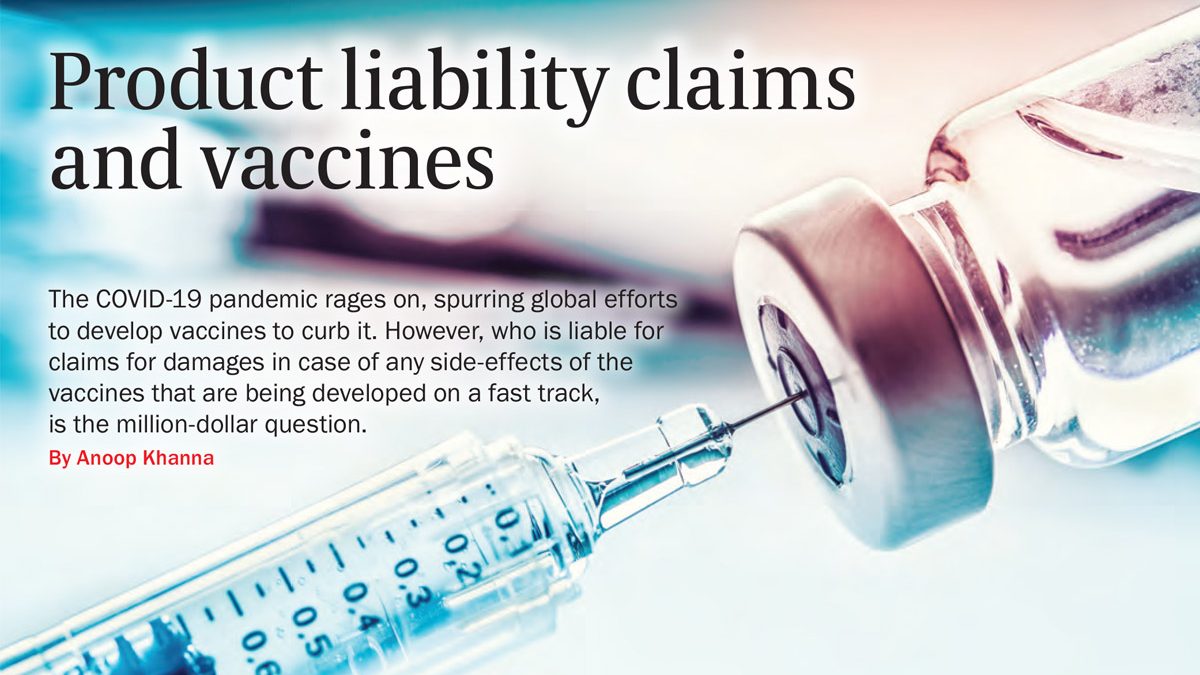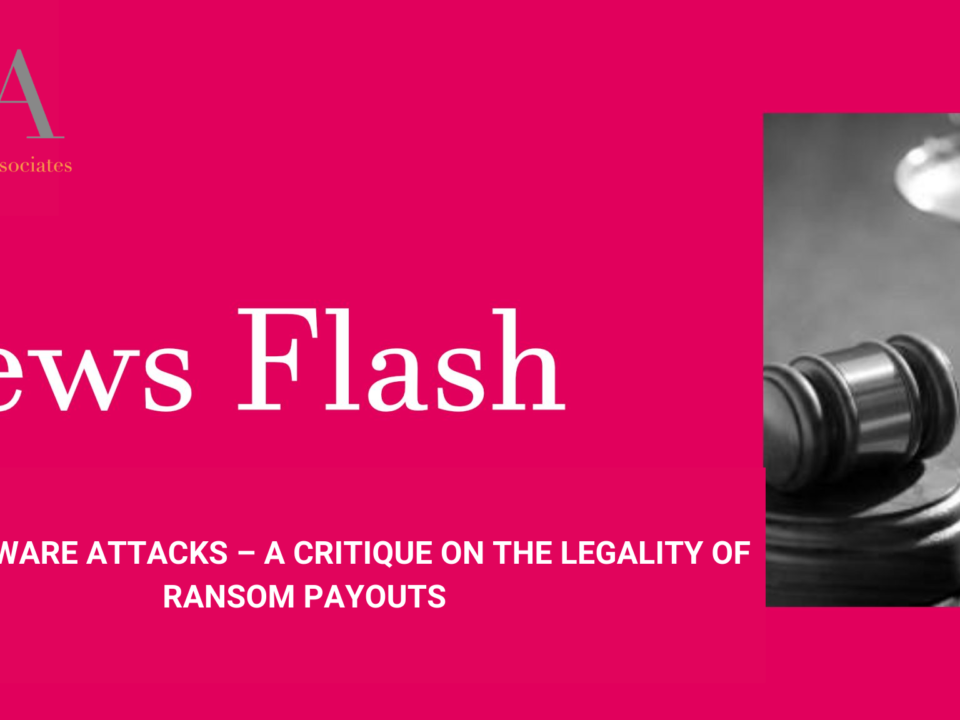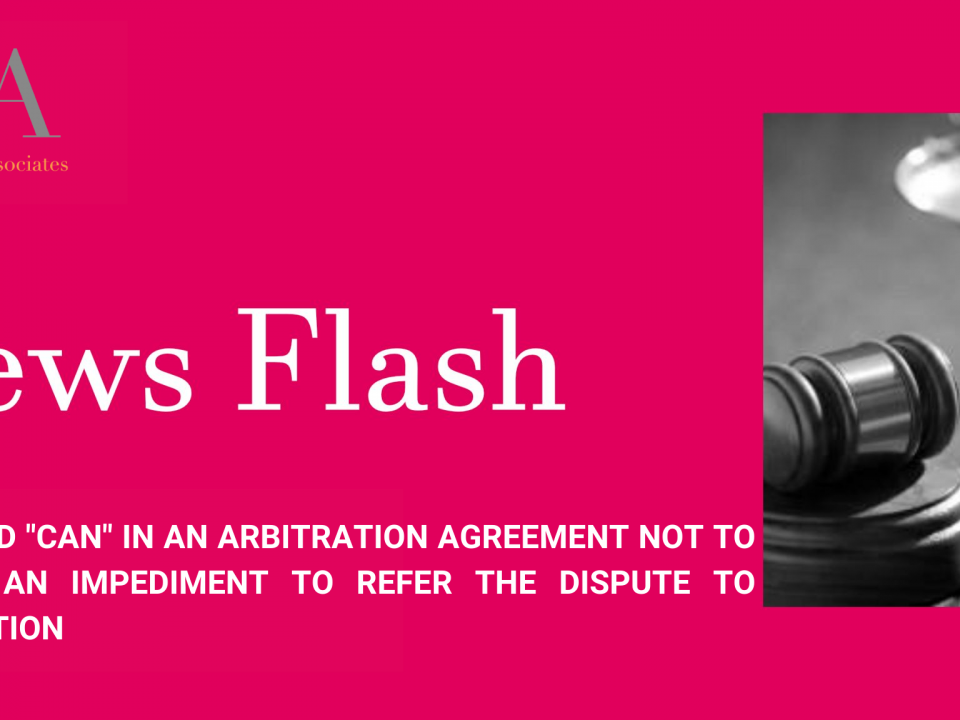
As the development of vaccines to curb COVID-19 makes rapid progress, one question that gains urgency is ‘who will be liable if a vaccine is marketed and causes unexpected adverse effects’?
Astra Zeneca, Britain’s second largest pharmaceutical company and which is behind one of the world’s most promising probable COVID-19 vaccines, had to pause its trials in middle of September after one of the participants in the trial developed an ‘unexplained illness’. Asia Insurance Review spoke with Berkshire Hathaway Specialty Insurance’s Neeraj Yadvendu, Somandy and Associates Advocates’ Burzin Somandy and ex-Aditya Birla Insurance Brokers’ Namita Rohra to understand who is liable in the event of any adverse impact of the vaccine at any stage.
COVID-19 vaccine scenario Aditya Birla Insurance Brokers’ ex-practice head-liability and speciality lines Namita Rohra said, “AstraZeneca has already been granted protection from future liability claims related to the COVID-19 vaccine by most countries with which it has finalised vaccine supply arrangements. “They have agreed in the light of the current socio-economic situation and also on a belief that the vaccine will eventually prove effective and safe for majority of their populations.” What adds to the anxiety is that the pharmaceutical companies are producing unfamiliar products at an ultra-fast pace and the cost of damages could be huge. The Russian COVID-19 vaccine Sputnik V, after two 42-days trials that included 38 healthy adults each, did not find any serious adverse effect among the participants and studies have confirmed that the vaccine candidate elicited the required antibody response. Prior to the rush to market being planned for the COVID-19 vaccine, the fastest vaccines that have been brought to the market were a vaccine for mumps by Merck, which took
COVID-19 vaccine scenario Aditya Birla Insurance Brokers’ ex-practice head-liability and specialty lines Namita Rohra said, “AstraZeneca has already been granted protection from future liability claims related to the COVID-19 vaccine by most countries with which it has finalised vaccine supply arrangements. “They have agreed in the light of the current socio-economic situation and also on a belief that the vaccine will eventually prove effective and safe for majority of their populations.” What adds to the anxiety is that the pharmaceutical companies are producing unfamiliar products at an ultra-fast pace and the cost of damages could be huge. The Russian COVID-19 vaccine Sputnik V, after two 42-days trials that included 38 healthy adults each, did not find any serious adverse effect among the participants and studies have confirmed that the vaccine candidate elicited the required antibody response. Prior to the rush to market being planned for the COVID-19 vaccine, the fastest vaccines that have been brought to the market were a vaccine for mumps by Merck, which took around four years and a vaccine for Ebola which took a little more than five years. Given that the COVID-19 vaccine is sought to be brought out for use in less than a year, there is the threat of an adverse event following immunization (AEFI), which may consequently expose manufacturers and sellers of such a vaccine to legal liability. Role of insurance in vaccine product liability Berkshire Hathaway Specialty Insurance head of third-party lines Middle East Neeraj Yadvendu said, “Insurers can play some role in offering protection but this will be inadequate versus what may be required. They may be able to help smaller operators in the chain of vaccine discovery like clinical trial companies and ingredient suppliers. Mr Yadvendu said, “Insurers’ total global capacity would be way too small for the potential liabilities that may emerge. The total global capacity for product liability of pharma products could be around $0.5bn, which will be less than 5% of what potential liabilities may look like.”
Compulsory versus voluntary programme
Somandy and Associates Advocates managing partner Burzin Somandy said, “In order to understand the extent of liability exposure in the present context, the starting premise would be to ascertain whether the COVID vaccination would be a compulsory programme or a voluntary programme. A compulsory programme would not necessarily require the government to make it compulsory for everybody to take the vaccine but would also include situations where persons who do not take the vaccine are not entitled to the privileges that are ordinarily available to persons who take it. “It is to be expected that for any compulsory programme that is being launched in such haste, so as to insulate manufacturers and sellers from liability, the governments may decide to compulsorily mandate to entitle persons to claim compensation for injury or death arising out of the use of the vaccine and capping the liability for such claims,” said Mr Somandy. Various countries have vaccine-compensation schemes for individuals who experience a vaccine-related injury. These programmes do not require injured parties or their legal representatives to prove negligence or fault by the vaccine provider, the healthcare system or the manufacturer before compensation. Most compensation schemes are enacted and run by governments. Taiwan retains centralised government control over its scheme, which is funded from a vaccine tax.
 In Japan, a preventive vaccination law covers injury or death as a result of mandatory vaccination and compensation includes medical and/or funeral expenses, disability pension, annuity for person caring for disabled individual and a death benefit. In India there is no vaccination compensation programme, however, the recently enacted consumer protection Act, 2019 now specifically deals with the concept of product liability. Under the act, a product liability action can be initiated not only against the product seller but also against the manufacturer, importer or distributor, even though there may not be any direct contractual relationship between the consumer and such third parties. Ms Rohra said, “There are four broad categories of benefits that are provided for by vaccine-injury compensation schemes- medical costs, disability pensions, compensation in case of noneconomic loss and death benefits. She said, “During swine-flu epidemic in 2009/2010 the British government had granted indemnity to the vaccine Pandemrix developed by GlaxoSmithKline and later on, when adverse effect of the drug in the form of narcolepsy showed up, it was acknowledged by the government and a maximum compensation of $140,000 was awarded to claimants as per the compensation programme.” Mr Somandy said, “In the event of a voluntary programme, other than the creation of a COVID fund that some countries are contemplating to deal with claims arising out of the use of the vaccine, it is unlikely that there would be any state-sponsored legislation capping liability. In this event it is most likely that legal action arising out of the use of the vaccine could include criminal action, action under tort or under the law relating to consumer protection.” No precedents and unchartered territory Mr Yadvendu said, “Also, there are no precedents of this scale available and everyone is operating in unchartered
In Japan, a preventive vaccination law covers injury or death as a result of mandatory vaccination and compensation includes medical and/or funeral expenses, disability pension, annuity for person caring for disabled individual and a death benefit. In India there is no vaccination compensation programme, however, the recently enacted consumer protection Act, 2019 now specifically deals with the concept of product liability. Under the act, a product liability action can be initiated not only against the product seller but also against the manufacturer, importer or distributor, even though there may not be any direct contractual relationship between the consumer and such third parties. Ms Rohra said, “There are four broad categories of benefits that are provided for by vaccine-injury compensation schemes- medical costs, disability pensions, compensation in case of noneconomic loss and death benefits. She said, “During swine-flu epidemic in 2009/2010 the British government had granted indemnity to the vaccine Pandemrix developed by GlaxoSmithKline and later on, when adverse effect of the drug in the form of narcolepsy showed up, it was acknowledged by the government and a maximum compensation of $140,000 was awarded to claimants as per the compensation programme.” Mr Somandy said, “In the event of a voluntary programme, other than the creation of a COVID fund that some countries are contemplating to deal with claims arising out of the use of the vaccine, it is unlikely that there would be any state-sponsored legislation capping liability. In this event it is most likely that legal action arising out of the use of the vaccine could include criminal action, action under tort or under the law relating to consumer protection.” No precedents and unchartered territory Mr Yadvendu said, “Also, there are no precedents of this scale available and everyone is operating in unchartered
territory. An early release of vaccine would most certainly mean that manufacturers are unaware of the side effects or they choose to play ignorant.” “This will trigger ‘failure to warn’ clause under most tort laws, which is the single largest clause of law that has plagued the liability insurance world,” said Mr Yadvendu. Mr Somandy said, “Whilst a product liability insurance cover would have the effect of mitigating exposure, in light of the changing exposure landscape, it would be difficult for manufacturers and sellers to ascertain the full extent of their exposure to liability. “Product liability provides indemnity against third party injury or damage and there are three major defects that can give rise to liability – manufacturing defects, design defects, and failure-to-warn defects.” Caveat emptor Mr Somandy said, “Any discussion on liability exposure would be incomplete without touching on the aspect of caveat emptor. This principle is caveated on the premise of prior disclosure, whereby the manufacturer or seller may raise the contention that by virtue of prior disclosures regarding the product, the manufacturer or the seller may not be held responsible for loss caused to the users of the product. “This is, however, premised on the ability to consent. It remains to be tested that in the event of life and death situations whereby the person being administered the vaccine is critical and unable to consent to the disclosure regarding use of the product, whether the concept of caveat emptor will apply to such scenario.” Mr Yadvendu said, “It is likely that we may achieve a vaccine which will curb COVID-19 but we will remain unaware of mid-term to long term impact of the same on human race.”



